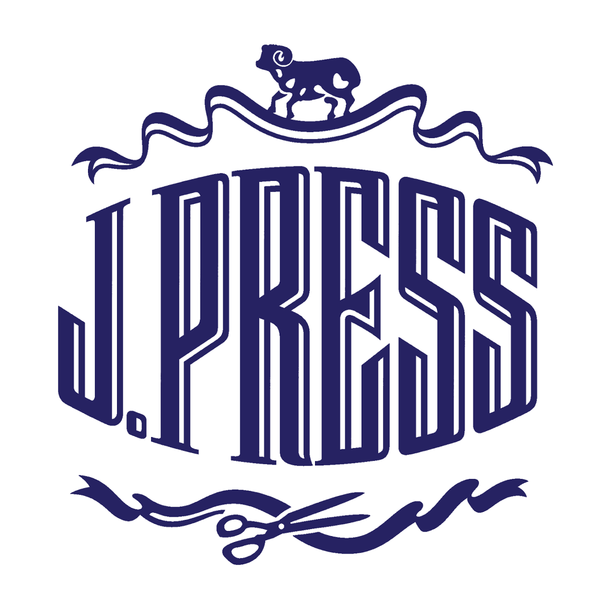I was six years old in 1944 when Grandfather Jacobi set up chairs and blankets for us to watch the Christmas Day Parade from the balcony in front of his office at the New Haven J. Press store on 262 York Street. The wartime spectacle offered a key spot to view the brigade of Sherman tanks and armored vehicles clanking their treads toward the rally downtown for speeches and patriotic hoopla on the New Haven Green.
Soldiers, Sailors and Marines blared their bugles and beat the drums in martial cadence to The Caissons Go Rolling Along. The end of the parade featured All-American Yale Football Captain Paul Walker, the Dink Stover and Frank Merriwell of his time, riding on a platform atop a Ford truck garbed in his Santa Claus outfit with stocking cap and white whiskers, part of and yet removed from the instruments of war. As he passed J. Press he directed a Winston Churchill “V for Victory” sign directly to me on the balcony. Spiffed up in the U.S. Army officer’s uniform my grandfather gave me for Christmas (or maybe Hannukah), I returned the captain’s salute standing at full attention until the grand old flag passed me by.
Grandpa Press closed the shop the prior day for the annual Christmas party. The entire store, from the long necktie counters at the entrance to the shelves of woolens in the rear, wafted in the Neapolitan aroma of “abeetz” delivered from Sally’s Apizza on Wooster Street. Jugs of wine flowed freely as fitter Tom Sarno and journeyman tailor Max Greenwald, three sheets to the wind, fervently argued whether or not Moses or Jesus was Number One.
My prescient grandfather pursued the same protective marketing he followed before World War I. Mindful of diminishing English resources in the event of European conflict, in the late 1930s he stocked all the available goods he could manage from across the pond. Cases of Welch, Margetson dress shirts and ties, Twin Steeples hosiery, Druhmohr Shetland sweaters, Burberry Coats, Lock & Co. hats occupied every nook and cranny in the formerly sparse basement.
Yale professors still wore tweeds, but the boys they taught would soon graduate into khaki. The marble memorial wall behind Woolsey Hall is filled with the names of boys who didn’t come home when it was over there.
During World War II my father, Paul Press, made M-70 rifles at the Winchester Arms factory on Dixwell Avenue. His brother, Captain Irving Press, ran the PX store at Camp Ritchie, Maryland. Grandpa Press assisted the war effort overseeing custom-tailored uniforms for candidates at the Yale Officer’s Training School. The Princeton branch store closed in 1942 when the entire staff was inducted into service.
Richard Press


10 comments
We will never see their like again. The Model 70 Winchester Sniper Rifle should have been utilized more widely by the US Military during WWII. It was a most capable weapon in the hands of the few Marine snipers who were able to deploy with it, officially an unofficially. Thank you to the Press Family and J. Press employees for their wartime service.
And the Christmas tree decorated with festive multicolored lights on the New Haven green celebratory year after year —
Mr. Press: Thank you for this lovely story. Since my days as a postdoctoral fellow and then member of the faculty at Yale beginning in 1968, your New Haven store was a special place to me. Almost sacred. And I still treasure the many beautiful items I acquired from you — and later acquired from your Cambridge and Washington stores. They are works of art. My double-breasted blue blazer, for example, is a masterpiece. And you are an artist.
All the best to you for the holidays!
I read the book written by your classmate about his perceived racial privilege. I always find people like that are atoning for personal rather than tribal shortcomings.
Christmas in New Haven: the massive Christmas tree on the green, decorations inside Battel Chapel and Mory’s on York Street, the holly and Ivy outside the Quinnipiac Club —
My father joined the Yale faculty years after serving in the 82nd Airborne during WW II — D-Day, Market Garden, the Bulge — and at the time he thought that New Haven was Paradise, especially at Christmas.